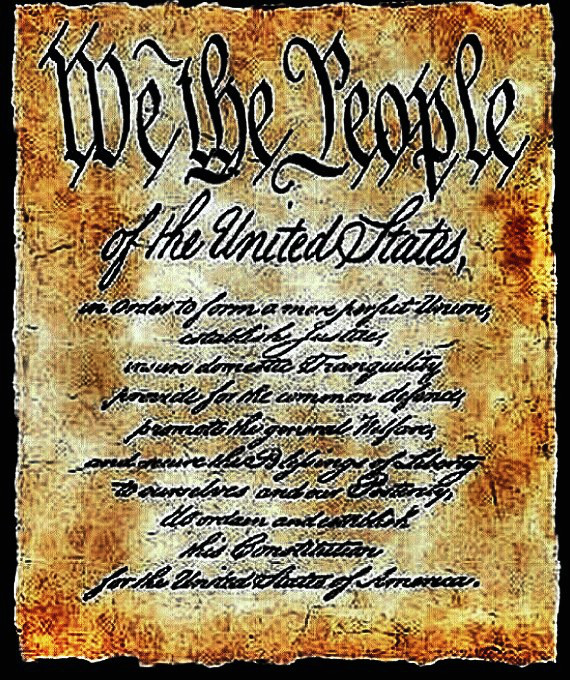
As it stands now the government of the States are subordinate to the central government that they set up when they all agreed to abide by the Constitution written when this nation was founded. We know this from the fact that the laws and Constitutions of the States are subject to scrutiny from the U.S. Constitution.
This is to determine whether or not the laws of the States or the Constitutions of the State are perceived to be in conflict to the U.S. Constitution. If this conflict exists as argued then it is the State that must repeal that law or section of their Constitution.
This conflict will always be seen in the area of domestic affairs. This would result in the need of equal treatment of all individuals in the nation, each State being subject to a single solution to any and all issues. In this system alien and citizens are subject to the same rules of law thus all benefit.
Now, if the federal government was subordinate unto the States there would be no need for them to repeal. The seemingly conflict would remain but the State law would be the determinate law to be enforced in that particular State. This would allow each State to determine for itself how to deal with any domestic issue without federal government interference.
This would result in unequal treatment of individuals in the nation but the need of equal treatment of individuals in each State. This introduces the concept of choice for solutions. In order for this concept to work the need of tolerance of all the States as well as of the U.S. Government must be exhibited by all.
It would also require that respect be exhibited for the right of the States to make these choices. And this must apply even if some might disagree to the point of intolerance with the choices of others. In this system citizens would be the beneficiaries of the law.
Both ideas presented here would still be consistent with the ideology of both sides as to the intent of the founders of this nation. The primary difference being how the individual person seeks to be treated by his government.
By the first concept he knows he should be treated the same as everyone else in the nation. And with this the concept of borders within the nation ceases to exist in time. This would eliminate the idea of the immigration and emigration and all that the words imply.
By the second concept a person will need to choose how he is to be treated by his government because he knows that the laws of each State may and probably will treat him differently. And for this he must have the right to emigrate and immigrate as he chooses within the States.
Government of the people by the first concept, if we are to believe history, must always lead to a dictatorship of a people. The reason being is that a majority of persons will become united under a single belief and that belief will be dictated by the government and forced upon the minority of persons in regards to issues. This is because laws do have a moral effect upon the psyche of the individual. This concept has been declared by the science of Psychology. We can see that effect in today's society as well as in history.
Government by the second conception, if we are to believe history, can never fulfill its promise of the concept of choices. That is because some issues only allow two choices. And one choice will always be seen as an intolerable choice. And when this occurs one side will impose their views on the other side with the use of force if necessary. Once this occurs power becomes centralized thus the power structure becomes inverted. This seems to be an inevitability when man rules over himself.
Tolerance of ideas and ways, it seems, has a short time span and is very impatient in man. Self righteousness seems to be the dominant rule of men and seeks to impose that rule on all. Ideas, it seems, are only tolerated when those ideas allow for many choices but become intolerable when allowed but two choices. I guess the morality within each of us demands this of ourselves and of others.
Right and wrong seems to be the dominant idea and every other idea must subordinate itself to this moral concept which results in being very judgmental. This is opposed by the concept of positive and negative which would be less judgmental about things and people.
Liberty and equality seems to be incompatible with each other. In the seeking of the one we must sacrifice the other. In the seeking of liberty we must slowly accept, voluntarily and consensually, the burden of self responsibility. In the seeking of equality we must slowly place, by force, the burden of responsibility on others.






